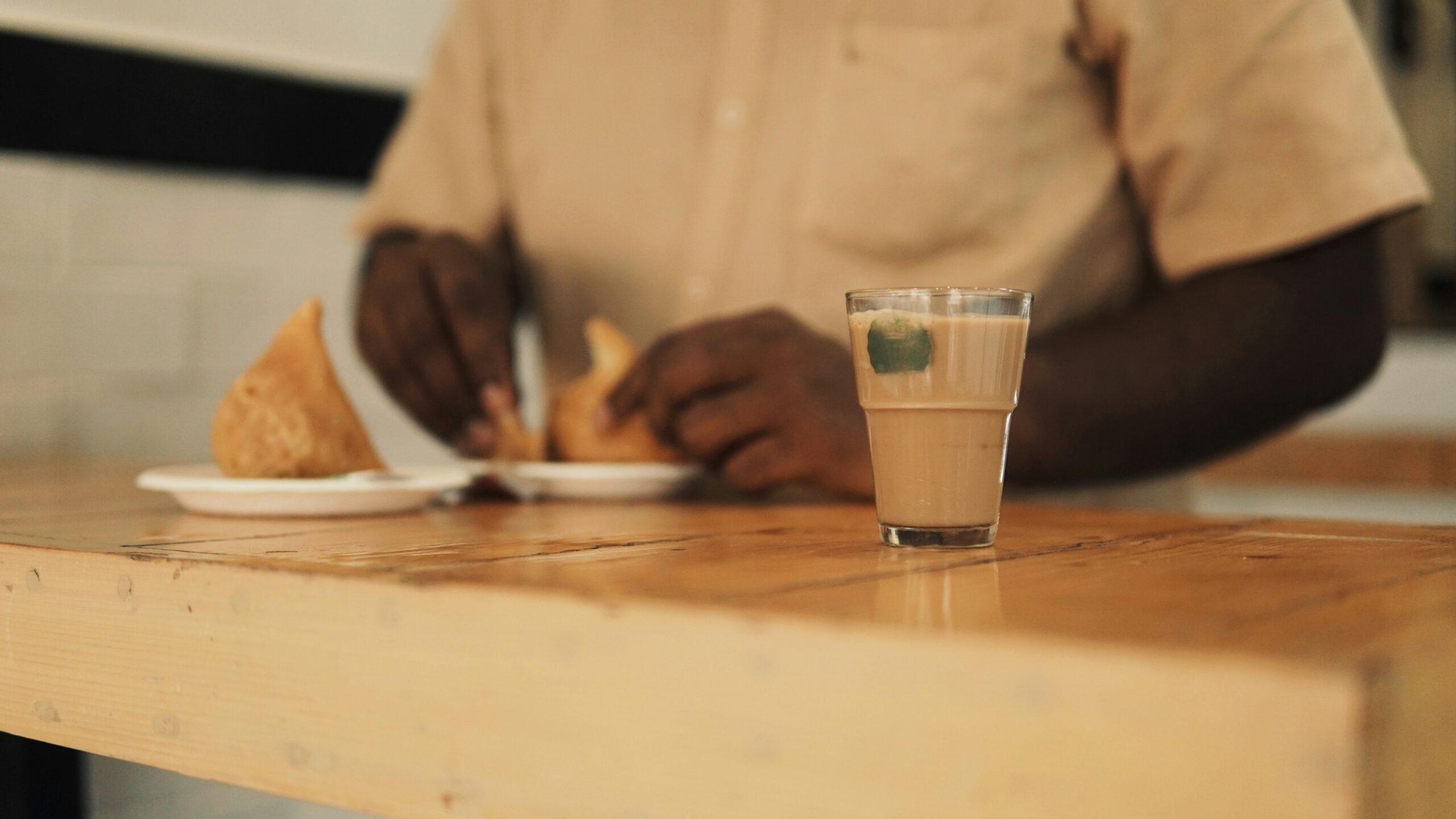

When Brian turned 66, he didn’t celebrate with candles or cake. Instead, he marked his birthday in a hospital bed at University of Miami hospital, recovering from a mild stroke. “It reminded me how fragile life is,” he says. “One moment you’re fine, the next you’re in a hospital—and the bills don’t stop coming.”
Years earlier, Brian faced another medical crisis that left him with a $40,000 hospital bill. With only Medicare Parts A and B, he was responsible for the 20 percent not covered—an impossible debt on a fixed income. “I couldn’t pay it,” he remembers. “Then a social worker told me about Florida’s Medically Needy Share of Cost program. Medicaid ended up paying the whole thing. Without her, I don’t know what I would’ve done.”
That experience changed the course of his life. Determined to give back, Brian began helping others navigate the same confusing and often predatory healthcare system. But before he could begin his advocacy work, another hardship struck—his rooming house was sold, and he found himself without a home. “I realized how quickly life can turn,” he says. “One medical issue or one eviction, and everything you’ve worked for can vanish.”
Refusing to give in, Brian joined the Miami Workers Center’s Eviction Diversion Program, where he helps tenants stand up to landlords violating their rights. He also serves on the Consumer Advisory Board at Camillus Health Concern, a clinic that provides care to Miami residents regardless of income or immigration status.
Through these roles, Brian saw a troubling pattern: most patients had no idea they could apply for financial assistance or negotiate payment plans. “Hospitals don’t tell you about these programs,” he explains. “They just send bills to collections. People deserve honesty.”
That conviction led him to launch Voices of the Underserved, a grassroots campaign pushing for hospital transparency and patient education. Partnering with Catalyst Miami and other advocates, Brian is now fighting for legislation that would require hospitals to disclose all financial-assistance options before billing patients.
“When you’re sick, the last thing you need is fear about how you’ll pay,” he says. “No one should have to choose between getting care and going broke.”
Brian’s journey from patient to advocate is a story of resilience—and a reminder that dignity in healthcare should never depend on your income.
In the U.S., close to 100 million people have medical debt, and most cases of bankruptcy are the result of medical debt. One essential step to limiting medical debt in Florida is for the state to expand Medicaid. Florida is one of just 10 states that have not expanded Medicaid. To learn more, see here.
When Brian turned 66, he didn’t celebrate with candles or cake. Instead, he marked his birthday in a hospital bed at University of Miami hospital, recovering from a mild stroke. “It reminded me how fragile life is,” he says. “One moment you’re fine, the next you’re in a hospital—and the bills don’t stop coming.”
Years earlier, Brian faced another medical crisis that left him with a $40,000 hospital bill. With only Medicare Parts A and B, he was responsible for the 20 percent not covered—an impossible debt on a fixed income. “I couldn’t pay it,” he remembers. “Then a social worker told me about Florida’s Medically Needy Share of Cost program. Medicaid ended up paying the whole thing. Without her, I don’t know what I would’ve done.”
That experience changed the course of his life. Determined to give back, Brian began helping others navigate the same confusing and often predatory healthcare system. But before he could begin his advocacy work, another hardship struck—his rooming house was sold, and he found himself without a home. “I realized how quickly life can turn,” he says. “One medical issue or one eviction, and everything you’ve worked for can vanish.”
Refusing to give in, Brian joined the Miami Workers Center’s Eviction Diversion Program, where he helps tenants stand up to landlords violating their rights. He also serves on the Consumer Advisory Board at Camillus Health Concern, a clinic that provides care to Miami residents regardless of income or immigration status.
Through these roles, Brian saw a troubling pattern: most patients had no idea they could apply for financial assistance or negotiate payment plans. “Hospitals don’t tell you about these programs,” he explains. “They just send bills to collections. People deserve honesty.”
That conviction led him to launch Voices of the Underserved, a grassroots campaign pushing for hospital transparency and patient education. Partnering with Catalyst Miami and other advocates, Brian is now fighting for legislation that would require hospitals to disclose all financial-assistance options before billing patients.
“When you’re sick, the last thing you need is fear about how you’ll pay,” he says. “No one should have to choose between getting care and going broke.”
Brian’s journey from patient to advocate is a story of resilience—and a reminder that dignity in healthcare should never depend on your income.
In the U.S., close to 100 million people have medical debt, and most cases of bankruptcy are the result of medical debt. One essential step to limiting medical debt in Florida is for the state to expand Medicaid. Florida is one of just 10 states that have not expanded Medicaid. To learn more, see here.

Stock Photo
